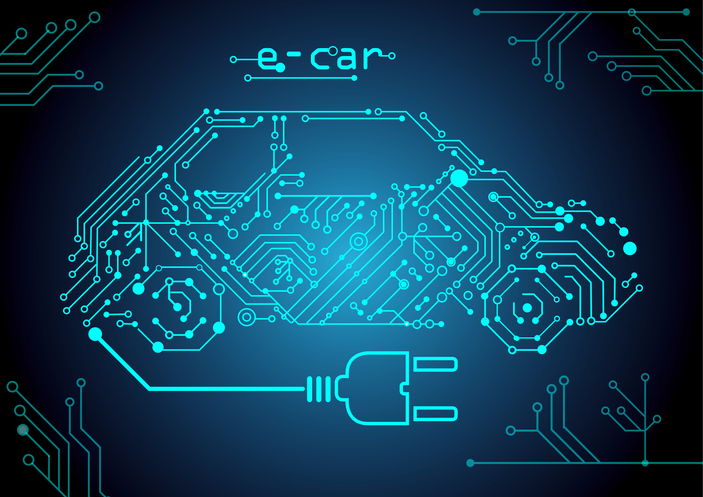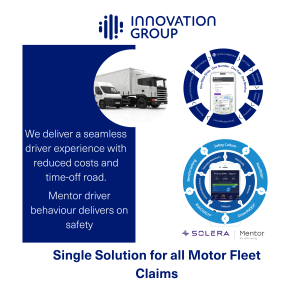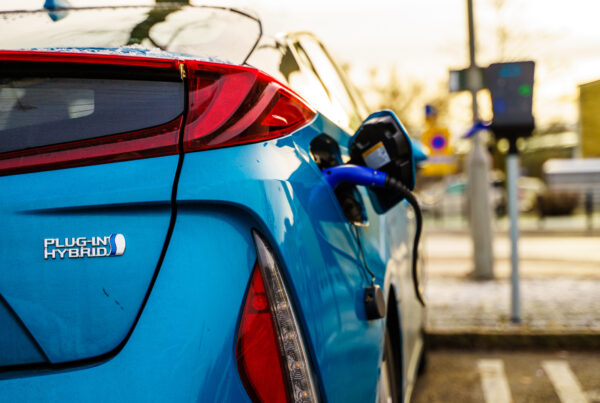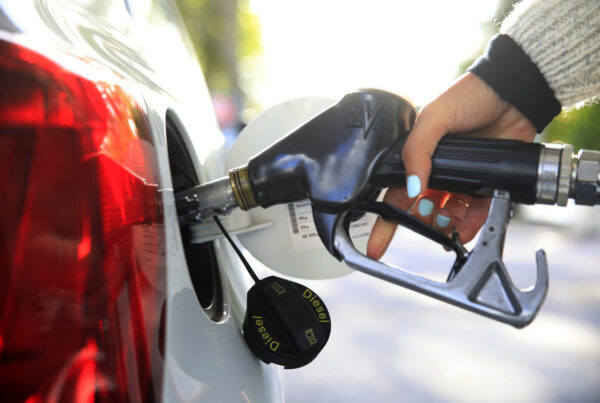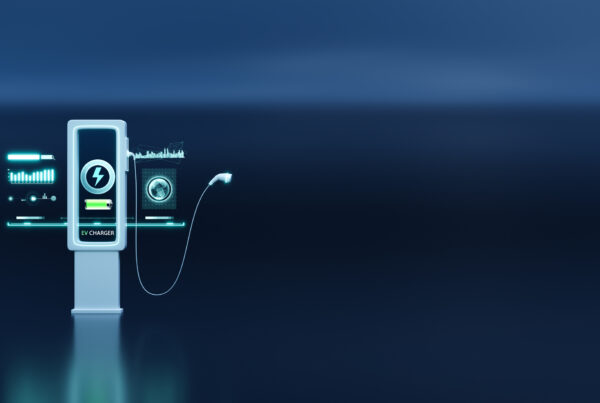Canberra is set to be home to one of the largest electric vehicle (EV) vehicle-to-grid (V2G) trials in the world with the Australian Renewable Energy Agency (ARENA) announcing $2.4 million in funding to ActewAGL to demonstrate V2G services in Australia.
Working as “batteries on wheels”, V2G technology allows EVs to discharge electricity back to the grid or even provide services to improve grid security.
The Realising Electric Vehicle-to-Grid Services (REVS) project will see 51 Nissan LEAF EVs deployed across the ACT to test and provide V2G services. The EVs will be part of the ACT Government fleet and when plugged in will provide Frequency Control Ancillary Services (FCAS) to the National Electricity Market (NEM).
Traditionally provided only by coal, gas and hydro-electric power stations and more recently batteries, FCAS is used by the Australian Energy Market Operator (AEMO) to maintain the frequency on the electrical system and provide a fast injection or reduction of energy to maintain grid stability.
“ARENA is focused on commercialising technologies than can aid the integration of EVs into the electricity system,” ARENA CEO Darren Miller said
“As EV uptake grows, this project will help to unlock a future where EVs are just as critical a piece of the electricity sector as the transport sector.”
The project will be the first time an EV fleet will be paid for providing electricity services, testing new revenue streams that could improve the total cost of ownership of EVs.
The 51 Nissan EVs will be replacing traditional combustion-engine vehicles that are currently used for work around the ACT. The vehicles will be used normally during business hours but will be plugged in when not on the road which allows for approximately 70 per cent availability for providing grid services.
“By focusing on fleets in the first instance, which make up around half of all new cars purchased in Australia, we’ll demonstrate the ability to scale these capabilities for shared value across the energy system and for vehicle owners.”
“Owners of electric vehicles can also benefit from financial incentives as a result of their electric vehicles being able to facilitate the two-way flow of energy, thereby reducing their overall vehicle costs,” ActewAGL’s Group Manager of Product and Strategic Energy Deployments, Todd Eagles said.
ActewAGL will be working alongside a consortium of academic, government, transport and electricity system partners including the Australian National University (ANU), JET Charge, Evoenergy, SG Fleet, ACT Government and Nissan.

